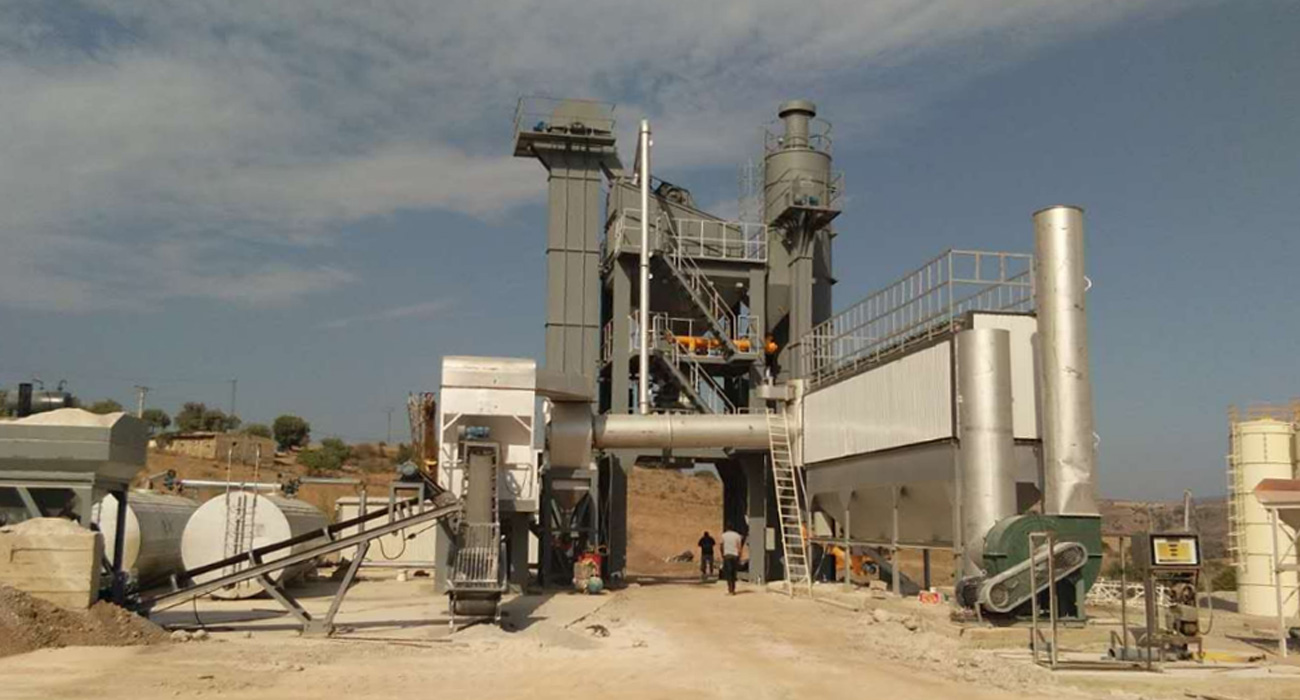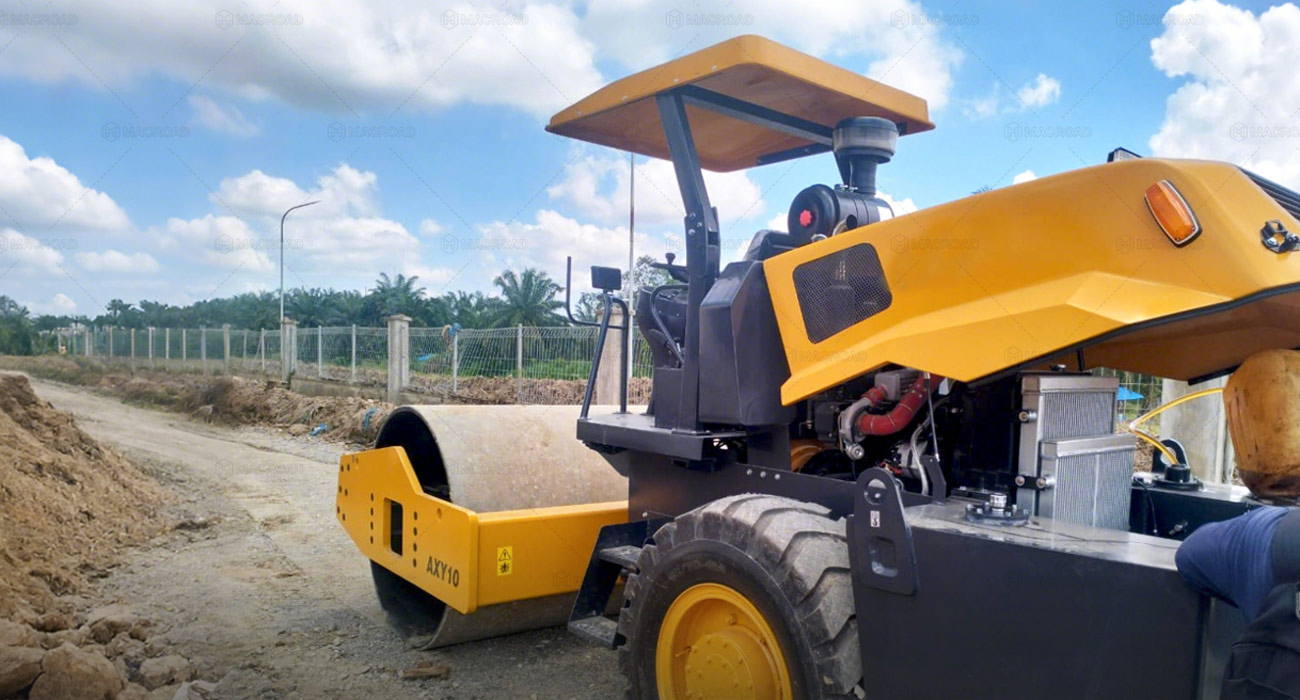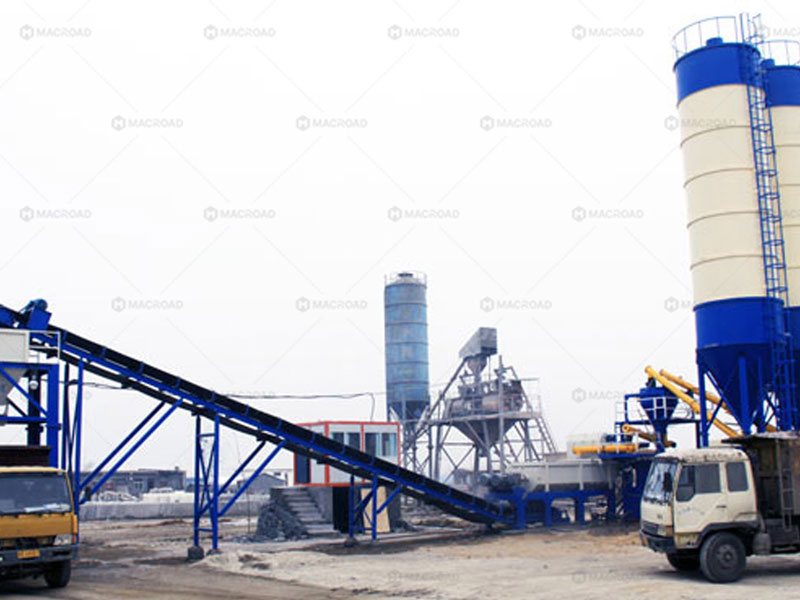In rural roads construction, budget constraints and diverse terrain pose unique challenges. An asphalt plant supplier plays a crucial role in ensuring that the performance of road rollers aligns with the output characteristics of stabilized soil mixing plants. This coordination is essential for achieving optimal compaction quality of low-grade road bases, which directly impacts the longevity and usability of rural roads. This article explores how suppliers adapt their equipment recommendations and material mixing ratios to meet the specific needs of rural road projects.

Tailoring Road Roller Selection to Project Needs
One of the primary considerations for asphalt plant suppliers is the selection of the appropriate road roller for the project. In narrow rural road sections, where space is limited, lightweight road rollers are often recommended. These rollers are easier to maneuver in confined areas and can effectively compact the soil without causing damage to the surrounding terrain.
The choice of road roller also needs to complement the output characteristics of the stabilized soil mixing plant. For instance, if the plant produces small batches of stabilized soil, the corresponding roller must be able to work efficiently with these smaller quantities. Lightweight road rollers equipped with adjustable compaction frequencies can be particularly effective in this scenario, allowing for precise control over the compaction process.
By recommending the right type of road roller, asphalt plant suppliers demonstrate their understanding of the specific challenges presented by rural road construction. This tailored approach not only enhances compaction quality but also ensures that the equipment is suitable for the unique conditions present in rural environments.

Optimizing Stabilized Soil Mixing Ratios
In addition to selecting the appropriate road roller, asphalt plant suppliers must also focus on the mixing ratios of stabilized soil to achieve optimal compaction quality. The performance of road rollers can be influenced by the characteristics of the stabilized soil, particularly in terms of its cement content and overall consistency.
For instance, if a lightweight road roller is used, the supplier may recommend optimizing the cement content in the stabilized soil mix. Adjusting the mixing ratio ensures that the soil achieves the necessary strength and stability to withstand compaction. This balance is crucial, as insufficient cement content can lead to poor compaction results, while excessive cement can increase costs unnecessarily.
By understanding the relationship between roller performance and stabilized soil mixing plant, asphalt plant suppliers can provide valuable guidance to contractors. This collaboration fosters a more efficient construction process, ultimately leading to better-quality rural roads that meet the required standards.

Enhancing Efficiency and Cost-Effectiveness
The coordination between road rollers and stabilized soil mixing plants reflects the asphalt plant supplier’s commitment to understanding the practical needs of rural roads construction. In these projects, where efficiency and cost-effectiveness are paramount, suppliers strive to provide solutions that maximize the effectiveness of both equipment and materials.
By aligning the output characteristics of the stabilized soil mixing plant with the capabilities of the road roller, suppliers help minimize waste and reduce project timelines. This synchronization allows contractors to complete their work more efficiently, which is essential in rural areas where resources may be limited and timelines tight.
Moreover, this thoughtful coordination can lead to significant cost savings. By optimizing the mixing ratios and selecting the right equipment, suppliers help ensure that projects are completed within budgetary constraints. This approach not only benefits contractors but also contributes to the overall success of rural roads construction.
In conclusion, asphalt plant suppliers play a pivotal role in coordinating the performance of road rollers with the output characteristics of stabilized soil mixing plants in rural roads construction. By tailoring equipment recommendations and optimizing mixing ratios, they ensure high compaction quality for low-grade road bases. This strategic alignment reflects an understanding of the unique challenges faced in rural construction, ultimately enhancing efficiency and cost-effectiveness for contractors. Companies like Macroad exemplify this approach, reinforcing the importance of collaboration in achieving successful rural infrastructure projects.